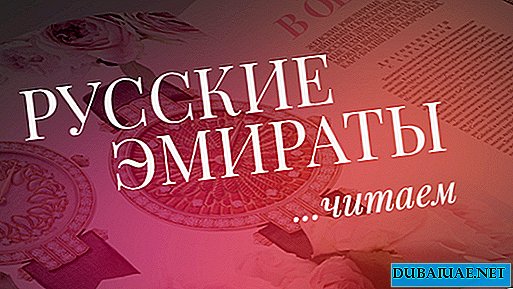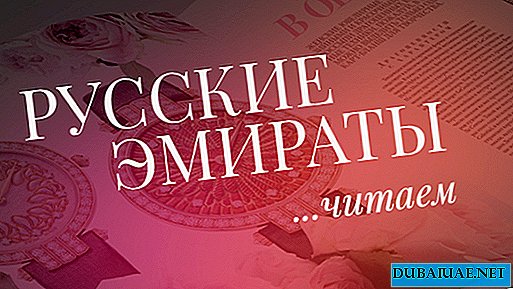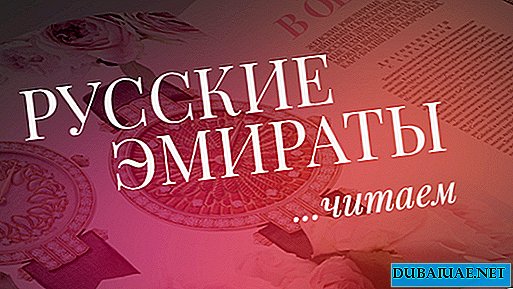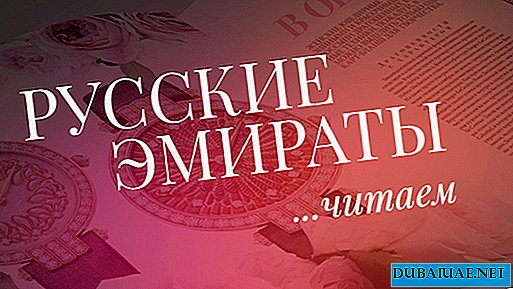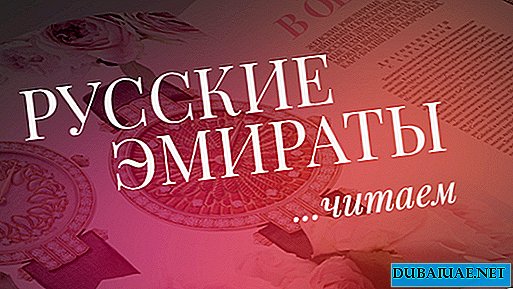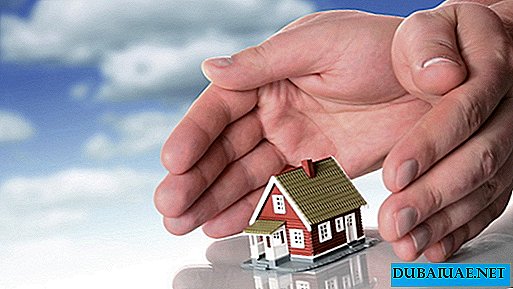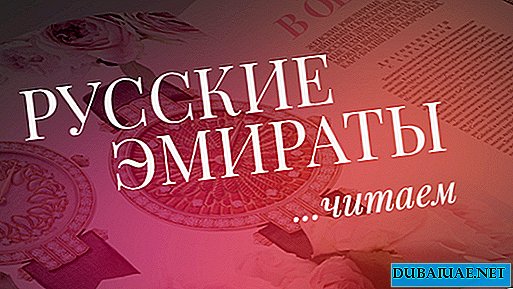
 THERE ARE PEOPLE ABOUT WHICH IT CAN BE SAID: "THE PEACE IS KEEPING IN THEM" OR THE SAME "THERE IS 20 HANDS AND 10 HEADS". THEY TAKE IMPORTANT AND INTERESTING POSTS, MAKE DECISIONS ON WHICH THE FUTURE DEPENDS. WE REMEMBER THEM, SOMETIME ENEMY ... WITH ONE OF SUCH PEOPLE, MR. Mohammed bin Rashid Al NasseriWE HAVE BEEN ABLE TO TALK.
THERE ARE PEOPLE ABOUT WHICH IT CAN BE SAID: "THE PEACE IS KEEPING IN THEM" OR THE SAME "THERE IS 20 HANDS AND 10 HEADS". THEY TAKE IMPORTANT AND INTERESTING POSTS, MAKE DECISIONS ON WHICH THE FUTURE DEPENDS. WE REMEMBER THEM, SOMETIME ENEMY ... WITH ONE OF SUCH PEOPLE, MR. Mohammed bin Rashid Al NasseriWE HAVE BEEN ABLE TO TALK.
Director General of His Highness Sheikh Mohammed bin Khalifa bin Zayed Al Nahyan’s Personal Office
Member of the National Advisory Council - Assistant Deputy Finance Department Abu Dhabi
CEO Al Ain Equestrian, Shooting, Golf Club
Vice President, Gulf Islamic Investment Company
Board Member, Emirates Insurance Company
Board Member of The National Investor Co.
Board Member Al Wifaq Finance Company
Board Member TTA CO (Thailand)
Mr. Al Nasseri, your list of posts is impressive. How do you manage to combine everything?
Mohammed Al Nasseri: Very simple. My success as a leader lies in my management team - these are my hands and eyes. Good employees you can rely on completely always lead to success. In addition, thanks to modern means of communication, I am always up to date and at any time from anywhere in the world I can give the necessary instructions. And when I am in the Emirates, thanks to the excellent infrastructure and transport service in one day I can easily reach any destination.
Which of your posts is especially close to your heart?
Mohammed Al Nasseri: Without a doubt, the position of Director General of the Al Ain Equestrian, Shooting and Golf Sports Club. Thanks to His Highness Sheikh Mohammed bin Khalifa bin Zayed Al Nahyan, who showed me great honor, I got the opportunity in 2007 to start this activity from scratch.
And today our club has more than 300 employees. We host world shooting championships, in addition to the above sports, we also added rugby. This is a place where adults and children meet to work out their favorite sport or just have a good time, for example, at dinner. I like to be among people, this is something for the soul.
I also love my work in the government, of which I have been a member since 1984, when our state was still very young, and in those days I happened to witness the birth of new laws. And now I share my experience with colleagues and help them in making this or that decision.
Then let's move on to government issues. Does the UAE have a certain hierarchy between individual emirates? Some of them are more important, and some less?
Mohammed Al Nasseri: Let's just say: each emirate has its own specific role in the general structure of the state. Abu Dhabi is the capital and Big Brother. Dubai is tourism, free trade and finance. Sharjah - culture and history, Fujairah - nature, wonderful beaches. And so on. Of course, Abu Dhabi, being the largest and most economically strong emirate, creates a common infrastructure and supports the well-being of everyone else. But our strength is in unity, we are all brothers. Each emirate supplements and enriches our country. The United Arab Emirates is the only example of such an alliance in the Arab world.
Many residents of Dubai, and not only, ask: where does this non-stop development of the city lead to? Is there a limit to construction projects, new projects and ideas? Maybe it's time to stop?
Mohammed Al Nasseri: I will answer a little philosophically: if you always go in one direction, for example, to the north, then you will probably reach Turkey. If you go east, you will reach Thailand. If you go south, you will not get anywhere, there is only the sea ... So are the Emirates, in this case Dubai, which has chosen a certain direction in its development and is persistently following it. Compared to our neighboring countries, not only close but also distant, Dubai is like an open embrace. It is easy, simple, free, reliable and peaceful here. Order, stability, excellent infrastructure, extraordinary service, a harmonious legislative system - all this attracts investors from all over the world and makes residents of the city happy. What about taxes? Yes, there are additional fees in the form of contributions, from 2018 there will be VAT on some types of goods and services. But still - in comparison with other countries they are much lower.
We are flexible in terms of legislation in comparison, for example, with the so-called highly developed countries, where it is extremely difficult to change something. There are a lot of protectionism and traditionalism. Some laws that have long survived themselves are already more than a hundred years old, but they still apply. And we are developing, we are not stopping, as it happened with some of our neighbors - beautiful countries, but which have stopped at what was achieved several decades ago.
And how many residents of the region move to the Emirates, buy real estate here and stay to live, saying: "You are free, you are reliable, and I can enjoy life to the fullest!"
Of course, a crisis can hit any country, as happened in 2008-2009, and not only in the Emirates, but throughout the world. Although we recovered from it much earlier, compared to others.
I travel a lot around the world, including the prosperous countries of Europe, such as Germany, Luxembourg, France. And I see that there are much more problems than ours. Very high expenses for unemployment, for immigrants.
What about the service? I have never seen a service of such a level as in the Emirates - from shops and restaurants to our airlines. Why do many foreign visitors prefer to fly with Emirates or Etihad rather than their national flights? Everyone likes a good service, which is in the highest level in our country. So our rulers are not just taking such steps in the development of the state. This is the result of a carefully thought-out strategy.
Modernization and development is good, but is there anything you personally lack from the old days?
Mohammed Al Nasseri: In any development process, there are side effects. I personally am very sorry that the old buildings of the 60-70s were demolished. It was our story, albeit a short one, but a story that must be preserved, despite progress. In Al Ain, where I live, the situation is somewhat different. Our city has remained very traditional, with native people, with old buildings, villas, where the whole large family lives together, creating entire neighborhoods. In Dubai or Abu Dhabi, everything is completely different. It’s not easy to meet family members or friends just like that, without agreement.
Very busy and intense life, traffic, lack of time, business. This is the price we pay for modernization and for the attractiveness of our state for others.
Despite this, I consider 80% of the modern development of the Emirates to be positive. Progress is necessary for survival in the modern world. We are adopting the experience of other countries, near and far, in terms of how to improve life in our country, we are learning and moving forward.
What could other countries in the world learn from the UAE?
Mohammed Al Nasseri: Appreciate the time. I do not mean punctuality, I mean time by and large. For example, in many countries, such simple things as a trade license or buying a property take a lot of time. This is not so with us. We value our time, time is money. It takes only 2-3 hours to clear customs at Jebel Ali, and in other ports this procedure can take several days. Where it is possible to avoid wasting time, simplify processes - we do it. A slender bureaucratic structure is very important in our time, this is exactly what many countries could learn from us. Moreover, in any field, whether it is healthcare, education, trade, real estate and others.
 And vice versa - what is the UAE lacking in comparison with other countries?
And vice versa - what is the UAE lacking in comparison with other countries?
Mohammed Al Nasseri: We lack museums and classical culture in general. The Dubai Opera House and the Louvre Museum in Abu Dhabi are the first important steps in this beautiful direction. The main thing is not to stop and continue to develop.
You travel a lot. Have you ever been to the CIS countries?
Mohammed Al Nasseri: Unfortunately, not yet. I was once on business in the neighborhood, in Estonia, but I would like to visit Azerbaijan, Turkmenistan, Tajikistan, Kazakhstan and, of course, Russia.
What does your ordinary day look like? Is there enough time for something other than work, such as a hobby?
Mohammed Al Nasseri: My day starts at 8.30 and ends at one in the morning. A lot of time really goes to work and business. But, as I said, I have an excellent team that I trust and which perfectly copes with the tasks. So there is time for communication with people, and for hobbies - cars. I love good classic cars, especially Lamborghini, Ferrari and Austin Martin. In total, I have about 50 of them, and I'm going to open my own car museum in Al Ain in a couple of years. This will be the first such museum in the UAE.
I travel with pleasure - I love Asia, Europe, North Africa and especially Thailand - a good example of a good country. Nature, service, excellent administration, shopping, entertainment, cuisine and wonderful people - friendly, polite and happy. And I also love Oman - it reminds me of the UAE 20 years ago, and there are extremely wonderful people there.
Do you have any dream that you would like to fulfill?
Mohammed Al Nasseri: Al Hamdullah, I am a happy and fulfilled person who has achieved all of his goals. In terms of business, I had to face many problems that I successfully solved thanks to my life and professional philosophy. I do not like surprises, but I am ready for them - I have not only Plan B, but also C, G, and D. But, of course, my biggest dream is for the UAE to become the best country in the world!
Interviewed by Elena Grunits



